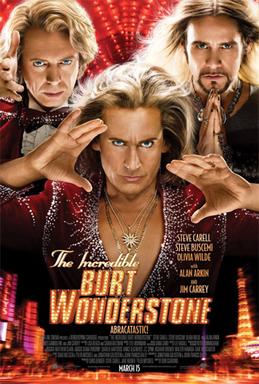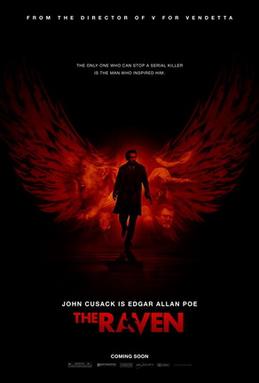An excerpt of a review recently posted on Schaeffer's Ghost:
We want the truth to be that anyone can do anything, that if you just set your mind on it and work hard enough, you can achieve your dream. But that’s not the real world. We have limitations. The world is full of little boys who wanted to play basketball like Michael Jordan. Many of them worked really, really hard at it. But to date, no one has pulled it off. If we tell them that anything is possible, that they can make their dream a reality, then how do they explain their failure? After all, failure is not always a function of ‘not working hard enough’. If insurmountable limitations exist, hard work, though morally beneficial, is just a hamster wheel to nowhere. Some dreams are beyond our power to achieve. That is life. And it’s not necessarily a bad thing. After all, ‘playing basketball like Michael Jordan’ isn’t the only worthwhile goal in the world. As children, we’re drawn to extreme goals—be the best, the brightest, the first. But these kinds of tasks fall to a very few individuals, and the majority of kids (even your kids), will never be the best at anything. And that is ok. There is no shame in merely being good, being bright, loving your friends and family, and working hard, even if you never win a gold medal for any of it.Full review available here.

_poster.jpg)










